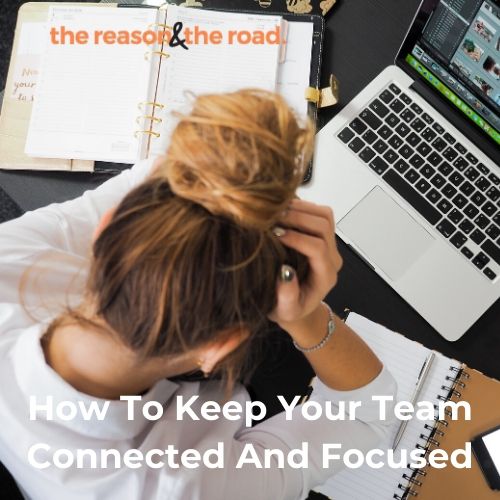
When To Invest For The Future So Your Growth Doesn’t Decline
December 10, 2018
How To Keep Your Stakeholders Engaged Without Being a Tyrant or a Servant
January 28, 2019So for some of you, you believe in destiny, and others, you don’t.
And for many people, when they reach those little transition points in their careers when they’re wondering, “What am I gonna do next?” They often look deep inside and say, “Well what’s this all about?“
For some of you that’s easier to do and for some of you, it’s hard. And what I’m going to answer in this post is,
- If you came to do it.
- How you might go about finding it, your purpose.
- What it might mean for your career.
So in this conversation I was having, I was talking to someone about purpose, and trying to demystify it.
‘One of those things that everyone writes about, find your purpose, and it’s always written on those calendars, you know, the ones with the big picture of the mountain and you gotta kind of head towards it.
I was trying to say, “You know what? There are actually three ways that people come across this.”
- Experience
- Epiphany
- Eternal
By far the most common way, and I reckon it’s at least 60 percent of people, find it experientially.
Which means that they do stuff in their career, they have different jobs, and they kind of work out over time the things that work and the things that don’t, but over time, they get closer towards having a career trajectory that’s more purposeful.
The second person
Is the person that doesn’t ever, ever think about their purpose, and just cruises along in their life, and then something happens, they have an epiphany. There’s a catalyst, and it’s either personal or professional, and they take a completely different direction in their life or their work.
And the third person
Is eternal, which actually, they’re born knowing, and so their life is actually just a way of manifesting that thing that they know they’re born to do.
And the interesting thing is people say to me, “Well, how do you know there are dudes like that that actually exist” and the reason is ‘cause I’m one of them.
For most who find their purpose experientially. The question I always get asked is
“Well, how do I actually work out which things are more in line with my purpose and those that are not?“
So there are three areas that you want to look at:
- The physical feedback
- The more spiritual element of work
- The emotional element
There’s the first area
The physical feedback you get. So this is really a feedback model because what you’re looking for is when you’re doing something in your work, does it actually give you energy?
So for most people what they report when they’re doing things that are on purpose is they could do them all day, every day and you know, they’re going to need a rest, but most days they can get up and they’ve got energy for these purposeful activities.
The second area
Is the more spiritual element of work. Which is to what extent do you identify with the why you do what you do? If you have to think every day that you’ve got this really clear why about what you do and it actually feels really clear, it gets you up and out of bed every day, you’re more on purpose.
So the third area
Is the emotional element, and what I mean by this is does it feel right? And most people, when they feel like they’re working on purpose, is it’s ’cause they feel great when they’re doing it and it gives them a really clear sense of why and it gives them energy.
So just to sort of summarise what we’ve talked about is that finding purpose, for many people, is just an experience of life. It’s trying to find those activities and those pieces of work that feel right for them.
What are you looking for in terms of feedback?
Does it give you energy?
Does it have a real sense of why it’s important to you?
And does it feel right when you’re doing it?
And if you can craft a creed where you’re doing more of those things, then lest, that’s the basis of having a heap of fun, and enjoying what you’re doing, and feeling like it’s making a difference.
If you want to talk about your career, you know where to come.
Enjoy this and talk to you next time on The Reason and The Road.





